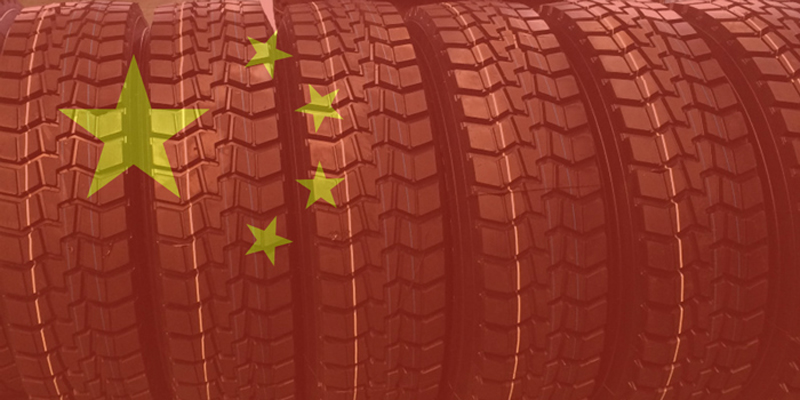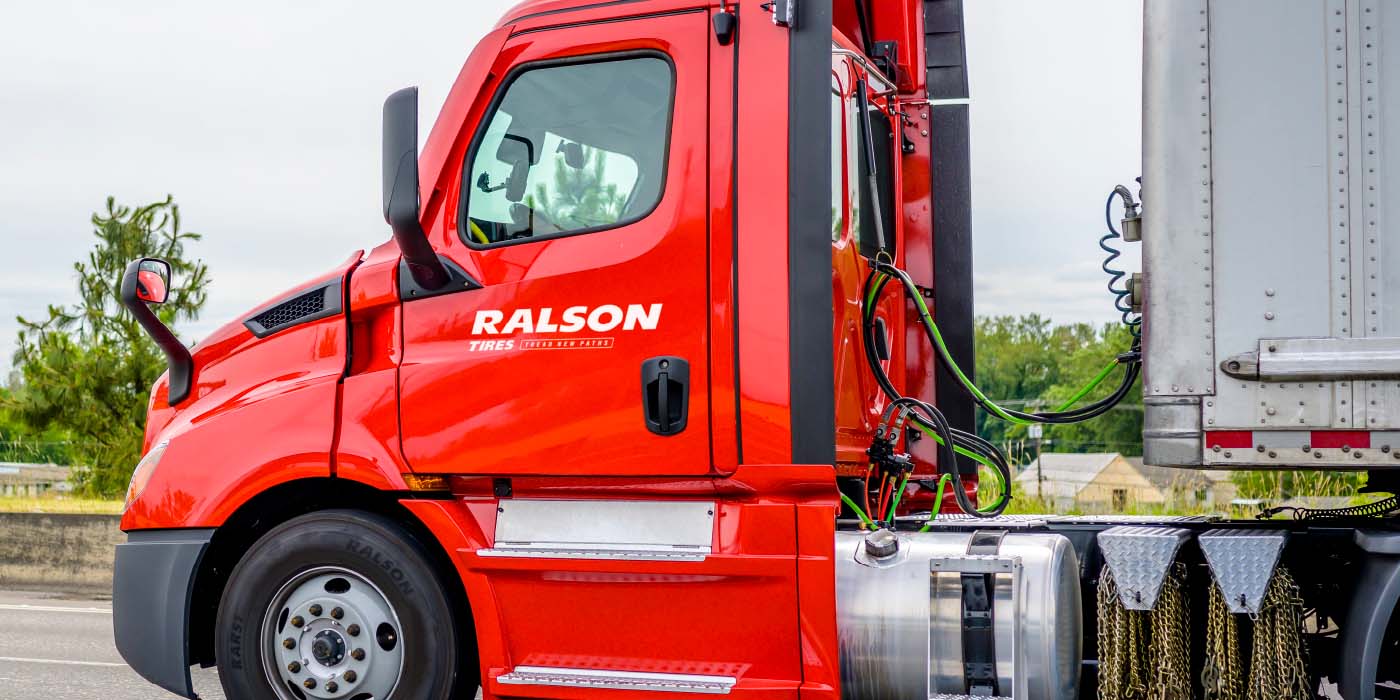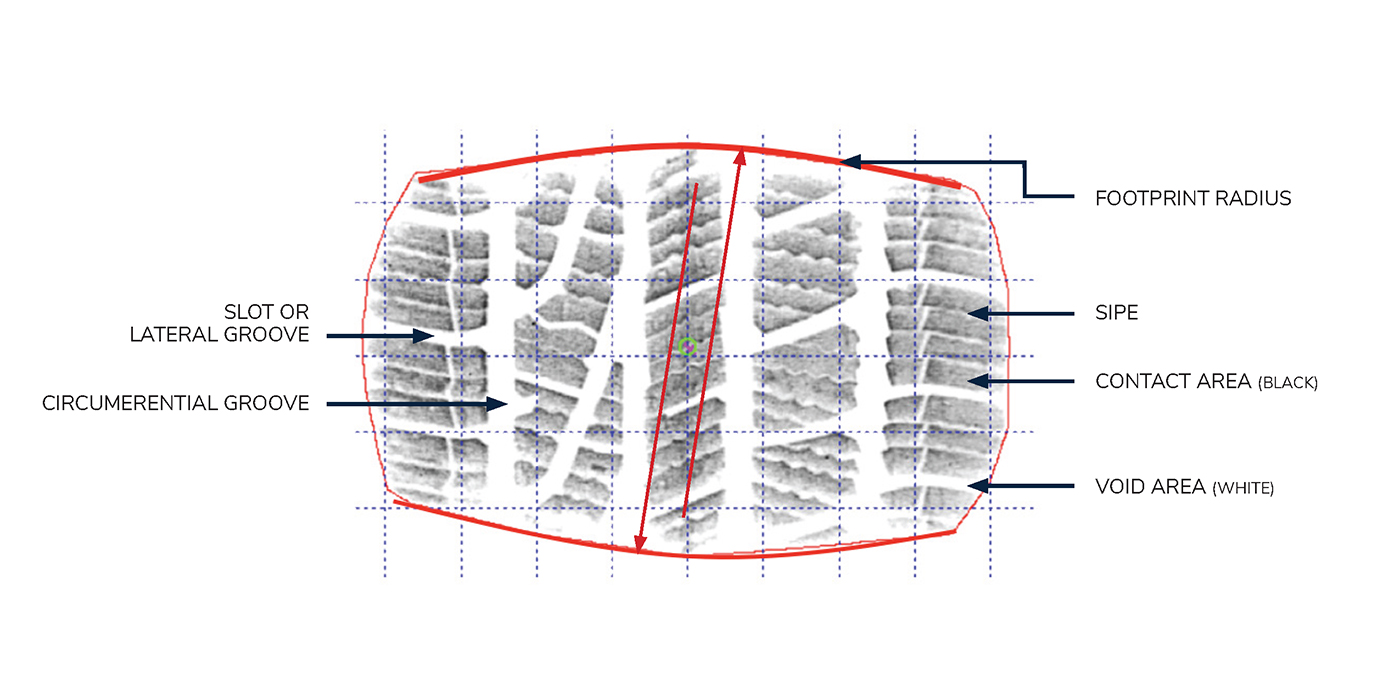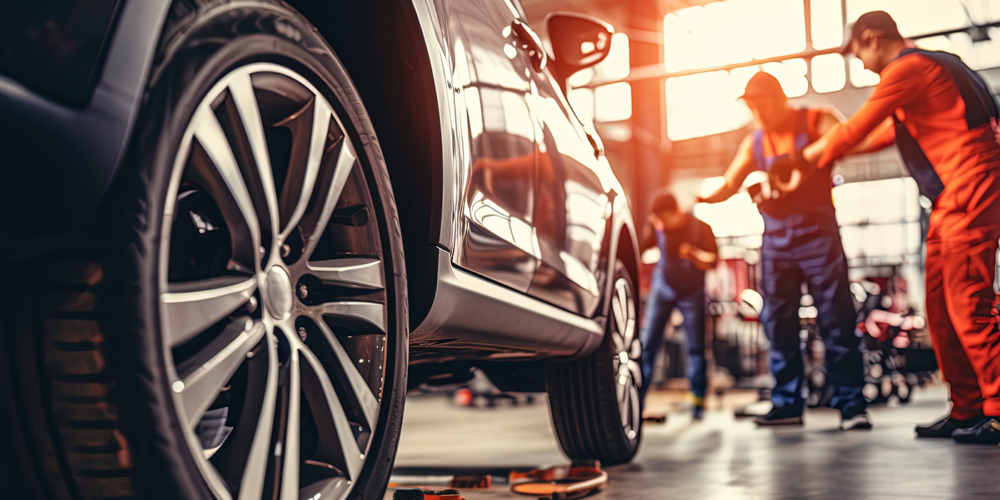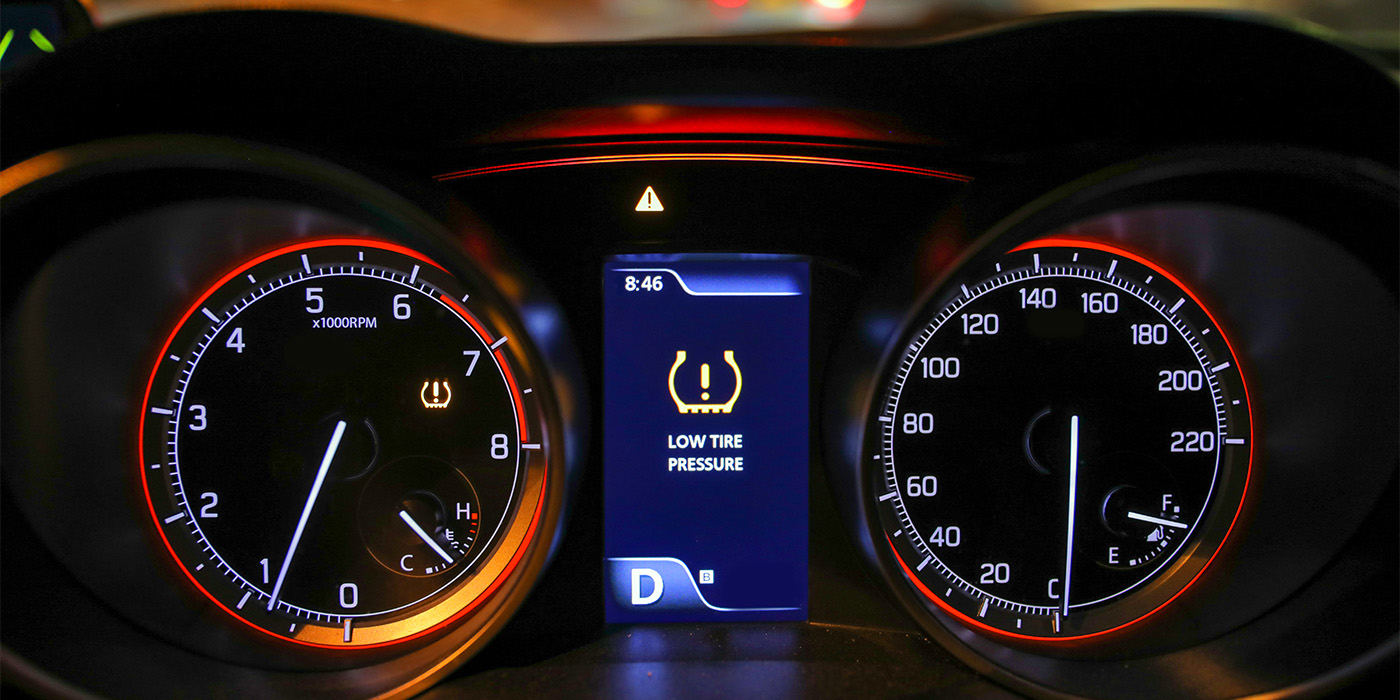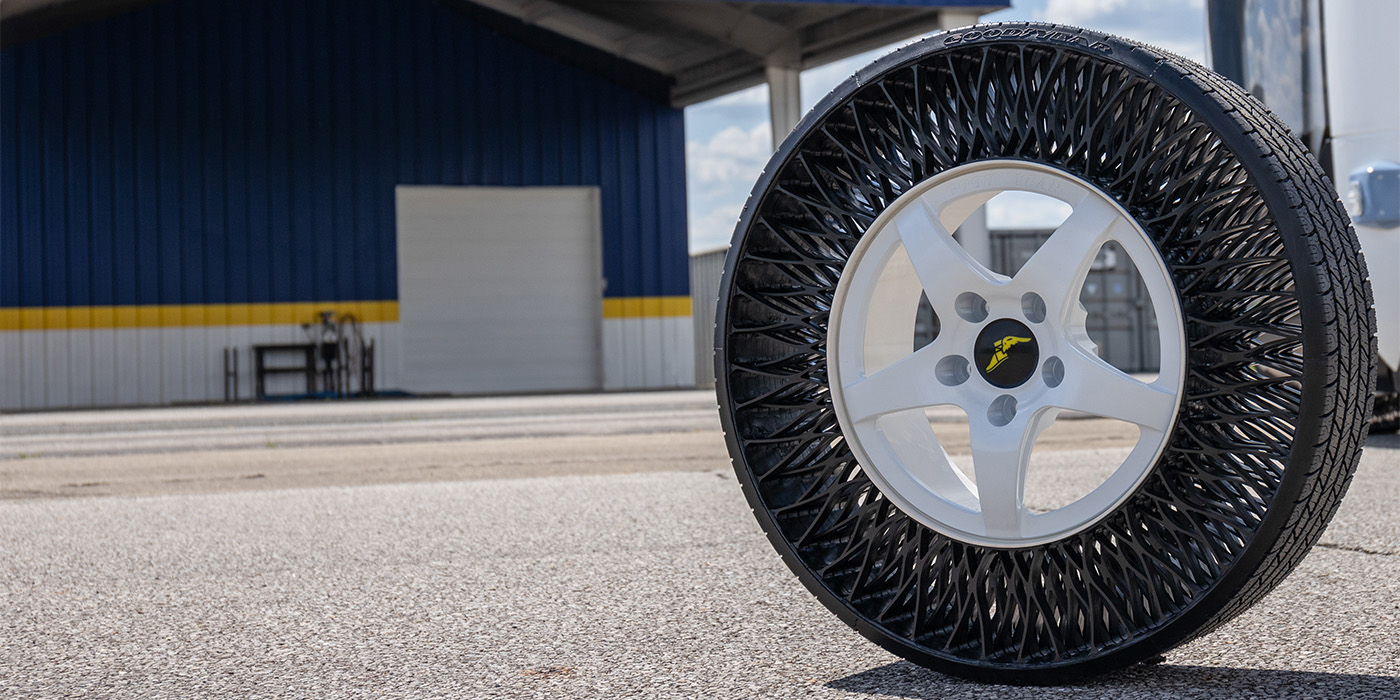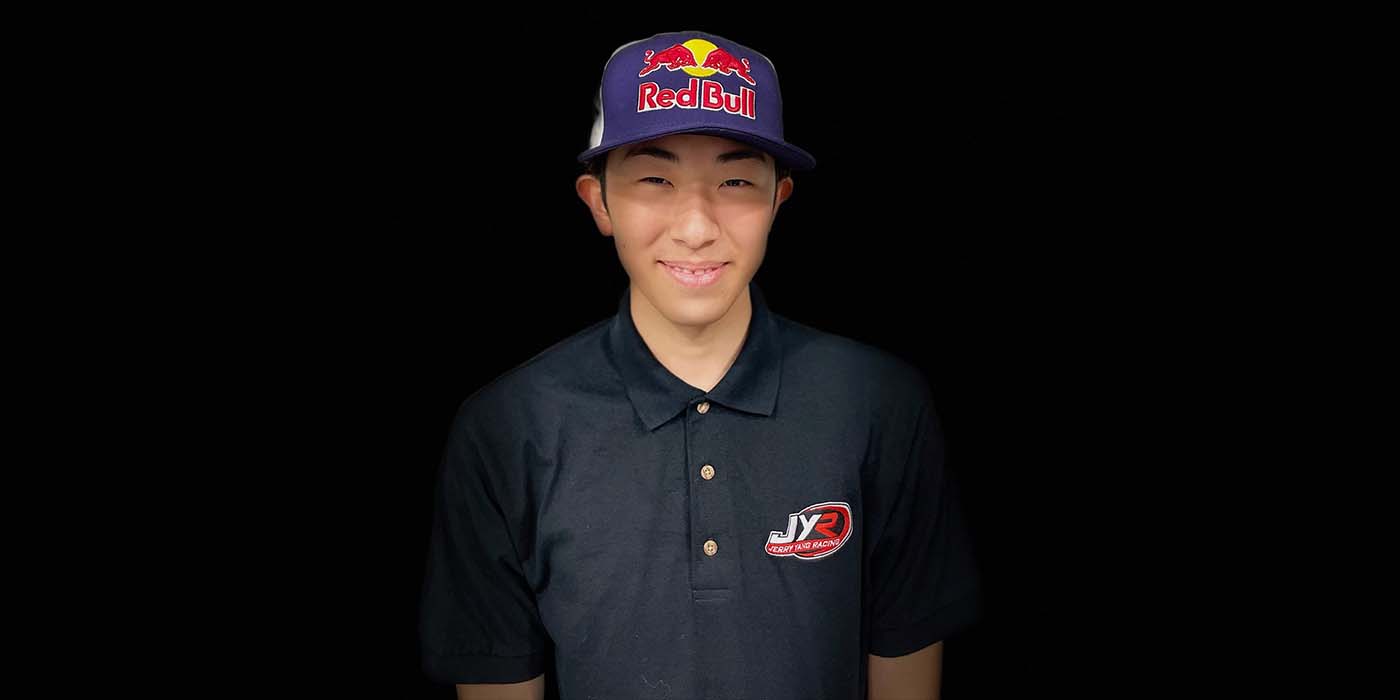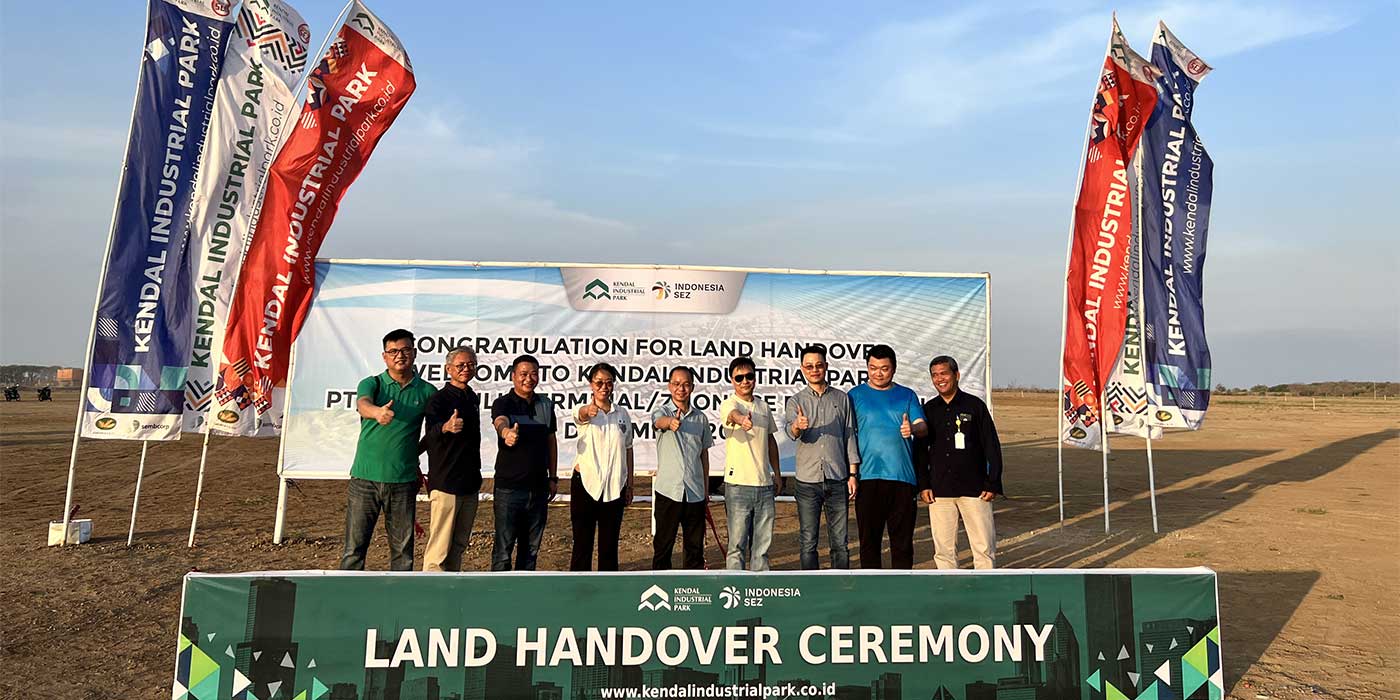Despite a very tough year, the Chinese tire industry continues to make headlines for its sheer size, overseas expansions by domestic players and tariff and non-tariff barriers imposed by some of the key export markets. Below is an overview of the Chinese tire industry and major events in last 12 months.
Overview
Comprising more than 225 big and small tire producers, the Chinese tire industry struggled in 2017 with rising input prices, a slowdown in domestic consumption, environmental regulations and the imposition of tariff and non-tariff barriers by some key export markets.
In China, the tire industry is highly fragmented and often works on very small margins. Most of the mid-scale Chinese producers operate on wafer-thin margins, thus even a marginal change in raw material prices often results in a number of hardships for the mid- and small-scale producer. After a number of years of oversupply of natural rubber and low oil prices, the main ingredients of synthetic rubber, these costs increased by many percentage points in 2017. Since these costs account for about 60% of total input costs for tire producers, most of the tire producers were forced to increase prices in 2017.
Shandong, Jiangsu and Zhejiang provinces continued to dominate the Chinese tire industry. Shandong province accounts for approximately 50% of the bus and truck tires produced in the country. The province also accounts for more than 25% of the car tires produced. Jiangsu and Zhejiang provinces collectively account for more than 50% of the car tires produced in the country.
Weak automotive sales in 2017 had an adverse impact on sales of tires in the domestic market. According to the China Automotive Industry Association data, automotive sales for the first 11 months of the year had risen to 25.8 million vehicles, up 3.6% from the previous year. This was one of the slowest growths registered by country’s automotive industry in a number of years.
In April, the Chinese government announced one of the biggest liberalizing moves for the country’s automotive industry in decades. The government is allowing global carmakers to operate wholly owned factories by 2022 in the country. Foreign ownership limits – currently capped at 50% – will be completely lifted by 2022 on carmakers that assemble passenger cars in the country. This move is expected to give a much-needed fillip to domestic tire consumption in coming years.
Zhongce Rubber Group (also known as ZC Rubber) retained the pole position in terms of total revenue with 2017 sales of 22.74 billion yuan (RMB) ($3.36 billion), an increase of 23.72 % from yearly revenue of 18.38 billion yuan ($2.71 billion). The second-placed Giti Tire trails in total revenue by more than 8 billion yuan (about $1.18 billion) with annual revenues of 14.71 billion yuan ($2.17 billion) in 2016.
Impact of Environmental Regulation
For most of 2017 and the first half of 2018, the Chinese tire industry suffered from lower capacity utilization due to environmental restrictions and a slowdown in domestic automobile growth rates. China’s environmental inspection has especially hit Shandong, a province housing a number of tire plants and feedstock facilities. In the province’s Zibo city alone, 5,000 chemical companies have been closed in year 2017. Seven Shandong cities out of a total of 28 are named in the most polluting cities in China. Many big tiremakers have facilities located in these seven cities.
Major Expansions Underway
Shandong Linglong Tire Co. Ltd. is in the process of building its fourth factory in the country with an investment of $875 million in Hubei province of the country. The company broke ground in May on the factory with the potential to produce nearly 14.5 million car, truck and industrial tires annually. Commercial production of tires from this site is expected to start by mid 2020.
In 2017, Continental, one of the leading global tire manufacturers, started an expansion of its existing Hefei tire plant. With a total investment of around €250 million ($293 million), the Hefei tire plant expansion will allow Continental Tire to boost its annual production capacity from about 8 million to 14 million tires by 2019.
In 2016, Goodyear Tire & Rubber Co. broke ground on a $485 million expansion of its state-of-the-art tire factory in Pulandian, Dalian. When completed in 2020, the expansion will increase the plant’s capacity by about 5 million tires a year, enabling Goodyear to meet the strong and growing market demand for premium, large rim diameter consumer tires in China and the Asia Pacific region. Goodyear was the first global tire manufacturer to enter China when it invested in a tire manufacturing plant in Dalian in 1994. The company moved production to the new Pulandian factory in 2012 and opened its new China Development Center on the Pulandian campus in 2015 to increase the speed and efficiency of developing high-quality premium tires for China-based auto manufacturers.
Overseas Moves by Chinese Tire Producers
Overcapacity in the domestic market and stiff price competition has prompted Chinese tire producers to increasingly look to overseas markets. Imposition of tariff and non-tariff barriers by a number of countries in the last few years has encouraged Chinese producers to set up manufacturing plants in foreign countries.
As the second largest Chinese tire producer by revenue, Giti Tire’s American arm commenced operations at its U.S. plant in 2017. Coming up with an investment of $560 million, the plant at Richburg, South Carolina supplies Dextero-brand car tires for Walmart Inc. The company is preparing to add GT Radial-brand production this year and launch a range of Giti-branded tires in the current year.
Shandong Linglong Tire Company, the third largest Chinese producer in terms of sales revenue, is in the process of zeroing in on two overseas production sites. One of these plants will be in U.S., while the other one will be in Europe.
Another leading tire producer, Doublestar Group, acquired a controlling stake in South Korea’s Kumho Tire. The company completed an agreement with the Korea Development Bank (KDB) to acquire a 45% stake in Kumho for 3.9 billion yuan ($597 million). Through the deal, Doublestar becomes Kumho’s controlling shareholder, while KDB and other Kumho creditors remain the second largest shareholder with a 23% stake. TR

